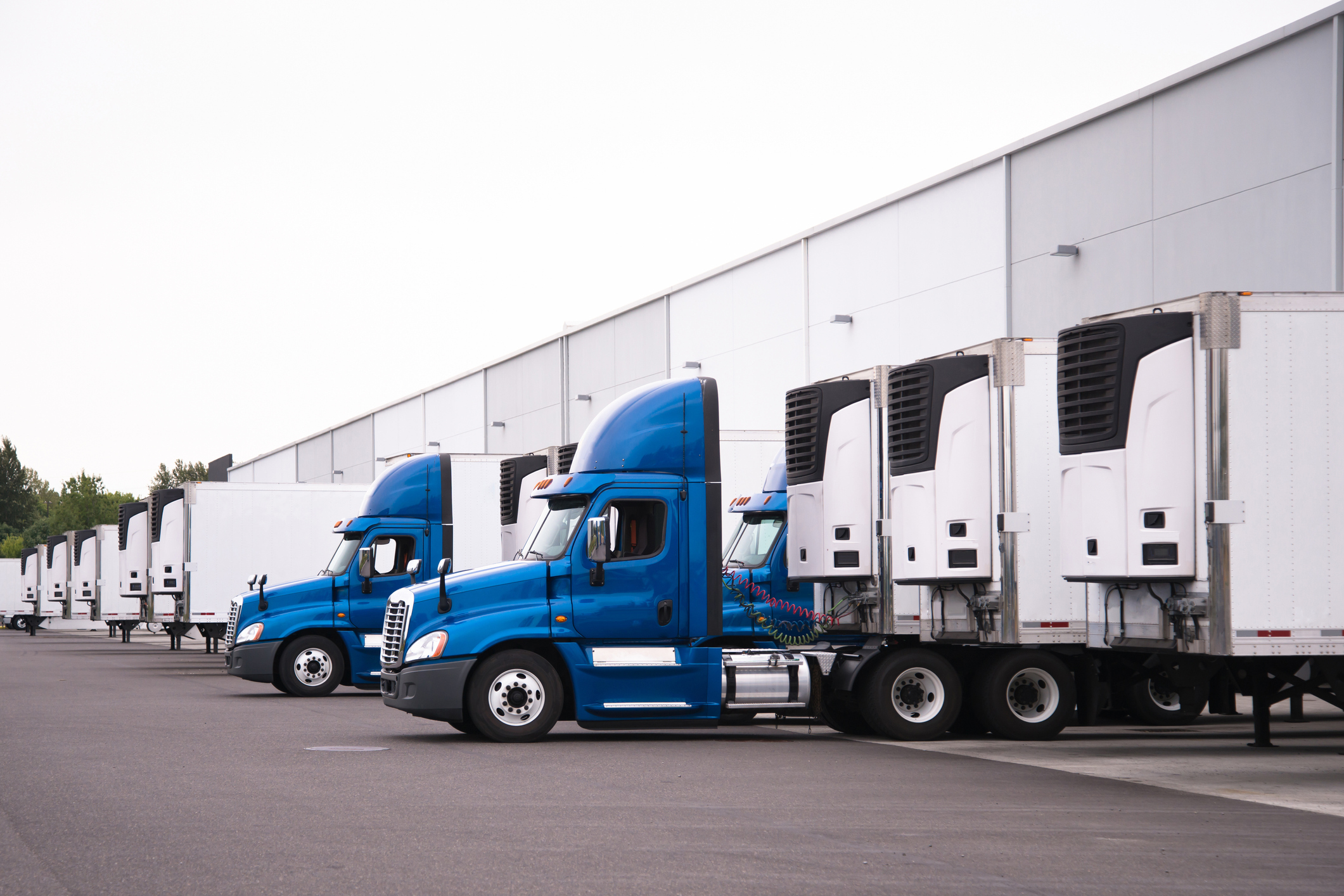
Linehaul transportation is an essential component of the logistics and supply chain industry, serving as the backbone for moving goods over long distances. This process involves the transfer of cargo between major hubs and distribution centers, utilizing various modes of transportation such as trucks, railroads, and sometimes maritime vessels. With increasing demand for efficient and reliable shipping solutions, understanding the nuances of linehaul transportation is critical for businesses looking to optimize their freight operations and ensure timely delivery of products.
In this article, we will explore the key elements of linehaul transportation, including its operational strategies, cost considerations, and the technological advancements that are shaping its future. We will also examine the challenges faced by logistics providers in managing linehaul services and how innovative solutions can enhance efficiency and sustainability in the industry. Whether you are a seasoned logistics professional or new to the field, this comprehensive overview will provide valuable insights into the world of linehaul transportation.
Operational Strategies in Linehaul Transportation
Effective linehaul transportation requires meticulous planning and execution. Logistics providers must choose the most suitable modes of transport and routes to minimize transit times while maximizing cost efficiency. This involves leveraging data analytics to forecast demand, optimize fleet utilization, and enhance route planning. Moreover, collaboration with partners and stakeholders is essential in ensuring seamless transitions between different transportation modes. By utilizing advanced logistics software, companies can gain better visibility and control over their operations, leading to improved service delivery and customer satisfaction. For organizations based in Australia, exploring Linehaul Transportation Melbourne can unveil new opportunities for streamlining processes.
Challenges and Innovations in the Industry
The linehaul transportation sector faces various challenges, including rising fuel costs, regulatory compliance, and the need for sustainable practices. Additionally, companies are increasingly tasked with adapting to fluctuating market demands and the tight deadlines associated with e-commerce. To address these issues, many logistics providers are turning to innovative technologies such as automation, artificial intelligence, and real-time tracking systems. These advancements not only enhance operational efficiency but also promote greater transparency and accountability throughout the supply chain. By embracing these solutions, businesses can navigate the complexities of linehaul transportation while positioning themselves for future growth.
In conclusion, linehaul transportation remains a pivotal element of the logistics landscape, where effective operational strategies, innovative solutions, and a proactive approach to challenges can significantly influence overall performance. As the industry evolves, companies that embrace advanced technologies and data-driven decision-making will not only enhance their efficiency but also improve customer satisfaction by ensuring timely deliveries and cost-effectiveness. The ongoing significance of sustainability in operations will further shape the future of linehaul transportation, compelling logistics providers to integrate environmentally friendly practices. Ultimately, the adaptability and forward-thinking mindset of businesses will determine their success in this dynamic sector, allowing them to meet the ever-growing demands of global commerce.




